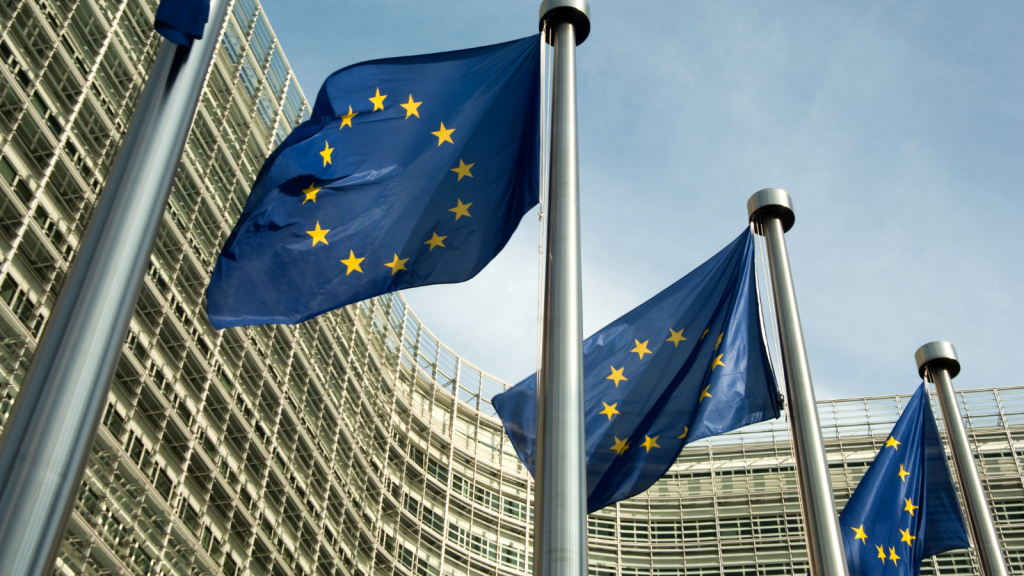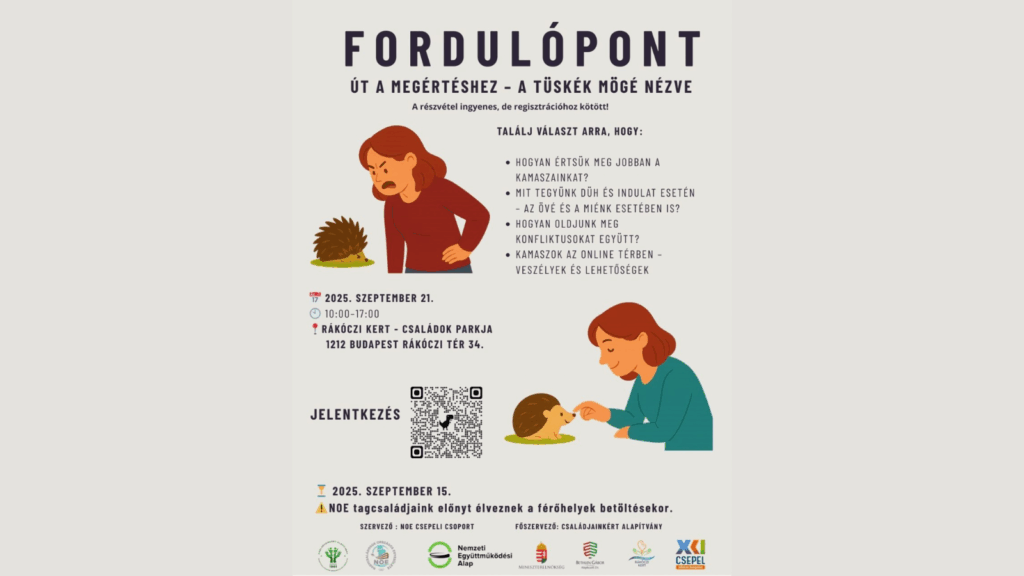The Eurobarometer is a collection of cross-country public opinion surveys conducted regularly on behalf of the EU Institutions since 1974. In a newly released Eurobarometer survey, it is revealed that most EU citizens overwhelmingly support strong action at EU and national level and more social spending.
According to the survey, 55% of Europeans think their governments should spend more on family policies. The survey also highlights that 78% think their government should take measures to reduce differences in income levels, with the support of EU institutions (73%). Also, 78% of Europeans believe that overall public spending on key social policies should increase. In order of importance, they think their governments should spend more on health, long-term care, education, pensions, housing, income support, family policies, and unemployment support.
When asked how this increased spending on social policies should be financed, about half of Europeans support higher taxes:
21% consider that the additional cost should be borne by wealthy households
20% said that contributions should be proportional to household income
10% said by distributing costs equally among households
15% of respondents believe funds should be taken from other expenditures
12% believe funds should be taken from public deficit
The support for strong social policies and more social spending reflects that less than half of Europeans believe that society is fair and equal: 47% of the respondents think they have equal opportunities for getting ahead in life compared to everyone else. Also, less than four in ten (38%) believe most things happening in their life are fair.
These perceptions of fairness have declined by respectively 10 and 14 percentage points compared to a survey in 2017, and the perceptions of social fairness of young people aged 15-24 have decreased significantly (minus 16 percentage points compared to 2017).
In addition, over 81% of Europeans also believe differences in incomes are too great in their country. However, despite the COVID-19 crisis, concerns about income inequality slightly decreased (minus 4 percentage points) compared to 2017. This drop was the largest for older individuals and those living in rural areas.
Obtaining a good education (94%) and working hard (90%) are considered important or essential for getting ahead in life. Around two thirds of respondents also believe that coming from a wealthy family is either essential (12%) or important (53%) to get ahead in life.
The Eurobarometer also shows a progressive increase in educational attainment across three generations. Around six out of ten respondents have obtained an education level which is higher than that of their mother (64%) or father (61%). Similarly, about four out of ten respondents’ mothers (41%) and fathers (43%) obtained an education level higher than that of their respective parents.
The Eurobarometer survey is based on 26,395 interviews in May and June 2022 across the 27 Member States. It offers an updated overview of Europeans’ perceptions of social fairness since the previous 2017 Eurobarometer.
Read more here.





